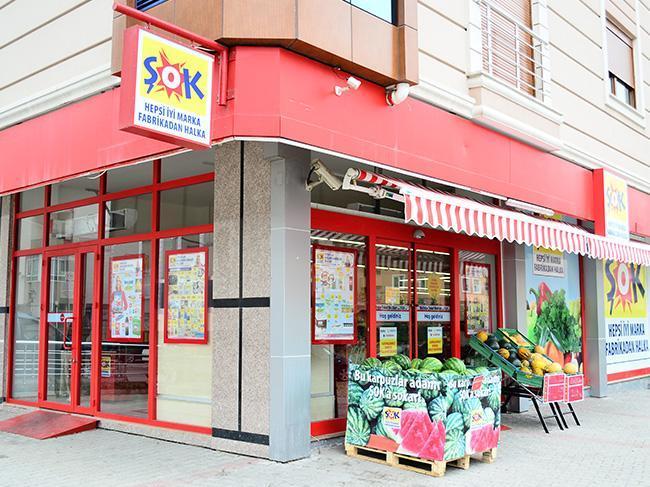
Turkish discount supermarket chain Şok Marketler has been calling investors spooked by its deal to buy shares at a premium from its controlling shareholder, just weeks after issuing them to shore up its listing, a person familiar with the deal said.
Şok shares have fallen by some 9 percent since it disclosed the buyback from Yıldız Holding on June 8 and were down 1.4 percent at 8.76 lira at 3:34 p.m. local time on June 12.
One international investor, who participated in $531 million initial public offering last month and has shares in Şok, confirmed it was in contact with the grocer.
“We are aware of the situation and have been engaging with the company,” the investor said, on condition of anonymity.
Şok was forced to slash its IPO price and get unlisted shareholder Yıldız Holding to buy a direct stake via a private placement in order to complete the listing, amid a downturn in demand for new Turkish listings.
Şok and Yıldız did not respond to questions from Reuters.
Yıldız, which owns food brands including Godiva chocolate and McVitie’s biscuits, is struggling with foreign-currency debt as the Turkish Lira weakens and last month signed a deal with its banks to refinance $5.5 billion in debt.
Şok, which operates some 5,500 supermarkets across Turkey, said late on June 8 that it had bought back 33.4 million shares - or 5.46 percent of its outstanding stock - from Yildiz for 10.5 lira a share, to “utilize commercial opportunity and make investment.”
The price paid represented a 10 percent premium to Şok’s market value as of market closing share price o nJune 8 and essentially reversed its earlier $77 million capital increase.
Şok said on June 12 that the deal was subject to the same lock-up that followed its IPO and it would therefore be reimbursed by Yıldız if the market price at the end of the period was less than what it paid.
The IPO lock-up ranged from six months to 18 months, according to the prospectus.
Turkish markets have been hit by a sell-off in the lira over concerns about President Tayyip Erdogan’s grip on monetary policy. The central bank has since stepped in with aggressive rate hikes to avert a currency crisis.